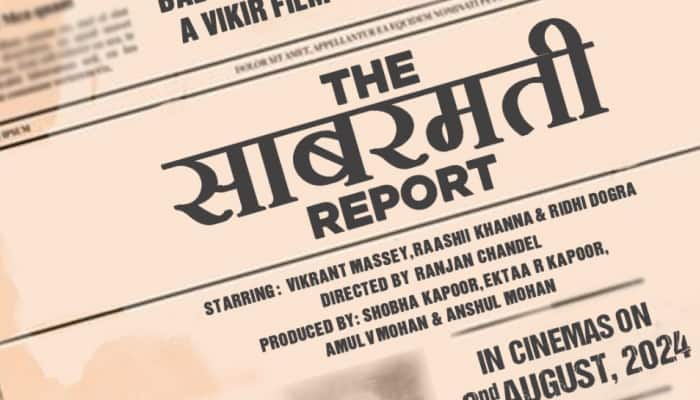Right to privacy should be on case-to-case basis, says Supreme Court
A nine-judge Constitution bench, headed by Chief Justice J S Khehar, said that privacy cannot be an absolute right and the state may have some power to put restrictions.
Trending Photos
)
New Delhi: Right to privacy could be determined from a case-to-case basis, the Supreme Court observed on Thursday. A nine-judge Constitution bench, headed by Chief Justice J S Khehar, said that privacy cannot be an absolute right and the state may have some power to put restrictions.
The bench was revisiting the top court's 55 year-old judgment that states privacy is not a basic fundamental right for citizens.
"Right to privacy is an amorphous right and not absolute. It is only a small sub-sect of liberty," said the bench.
The nine-member bench comprised of Justices J Chelameswar, S A Bobde, R K Agrawal, Rohinton Fali Nariman, Abhay Manohar Sapre, D Y Chandrachud, Sanjay Kishan Kaul and S Abdul Nazeer.
"In a technologically dynamic society it is imperative to keep dimensions of right to privacy flexible to adapt and adjust with the new scenarios," it said, adding many of the fundamental rights "cannot be enjoyed to the fullest in the absence of right to privacy", as reported by the PTI.
The bench then referred to NGO Naz Foundation's case of decriminalising consensual gay sex among lesbians, gays, bisexuals and transgenders, saying that the verdict "would become vulnerable".
The top court also referred to the issue of data protection in today's world of big data where operators have access to all details of consumers, including fingerprints.
"We live in an age of big data and the state is entitled to regulate the data whether it is for the purpose of regulating crime, taxation or other activities... Right to privacy cannot be so absolute that it prevents the State from legislating or regulating it," the bench said.
"If I decide to co-habit with my wife, police can't barge into my bedroom. That's my privacy. Whether to send my children to school is not privacy because I have to send them to school under the Right to Education law," said Justice Chandrachud.
Senior advocate Gopal Subramanium, arguing on behalf of the petitioners, said right to privacy is a pre-existing "natural right" which the Constitution acknowledged and guaranteed to the citizens in case of infringements by the State.
(With PTI Inputs)
Stay informed on all the latest news, real-time breaking news updates, and follow all the important headlines in india news and world News on Zee News.
Live Tv







)
)
)
)
)
)
)
)
)
)
